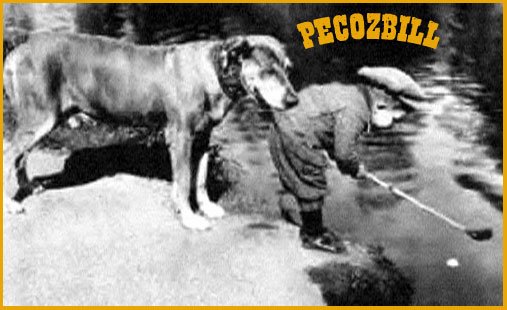Supreme Court takes a dive on Dollar Bill
Tom Fitton, Washington, D.C. -
Tom Fitton, Washington, D.C. -
Congressional crooks received a gift recently when the U.S. Supreme Court refused to hear a case involving an FBI search of Louisiana Democratic Rep. William "Dollar Bill" Jefferson's congressional office.
Thanks to this ruling, members of Congress will continue to have a "law enforcement free zone" in which to conduct corrupt and criminal activity – their taxpayer-funded congressional offices.
which to conduct corrupt and criminal activity – their taxpayer-funded congressional offices.
Thanks to this ruling, members of Congress will continue to have a "law enforcement free zone" in
 which to conduct corrupt and criminal activity – their taxpayer-funded congressional offices.
which to conduct corrupt and criminal activity – their taxpayer-funded congressional offices.According to the March 31st edition of The Wall Street Journal:
"The Supreme Court declined to intervene in a dispute between the Justice Department and Congress over the 2006 criminal raid of Rep. William Jefferson's Capitol Hill office…Last August, a Washington-based U.S. Circuit Court of Appeals issued a court order barring prosecutors from using evidence gathered in the office raid. When the government asked the D.C. Circuit to reconsider the stay, it voted 5-4 to leave the restrictions in place."
In a one-line order, without comment, the Supreme Court ruled that it would not hear the case.
Here's a bit of the back story. Jefferson was nabbed in a sting operation accepting a $100,000 bribe from an FBI informant to broker business deals in Africa. (During his conversation with the informant, who was wired, Jefferson famously remarked, "All these notes we're writing to each other, as if the FBI is watching.") Well, the FBI was watching (and listening) and during a subsequent search of Jefferson's home, investigators found $90,000 in cash stuffed in the congressman's freezer.
Jefferson allegedly intended to use the money to bribe a Nigerian official over a business deal that would have enriched himself and his family.
Jefferson allegedly intended to use the money to bribe a Nigerian official over a business deal that would have enriched himself and his family.
The FBI then obtained a search warrant and took its investigation to Jefferson's Capitol Hill office collecting thousands of pages of documents and computer files. That's when the trouble started. In a rare display of solidarity, leaders of Congress from both parties complained that the search somehow violated the separation of powers.
A federal judge rightly rejected this argument. However, the D.C. appellate court did not, ruling that the evidence collected was inadmissible. (A jubilant Robert Trout, Jefferson's lawyer, said, at the time, the court decision clearly shows that every member of Congress has an "absolute right to review his records first and shield legislative material from review.'')
A federal judge rightly rejected this argument. However, the D.C. appellate court did not, ruling that the evidence collected was inadmissible. (A jubilant Robert Trout, Jefferson's lawyer, said, at the time, the court decision clearly shows that every member of Congress has an "absolute right to review his records first and shield legislative material from review.'')
The appellate court ruled that the Constitution's Speech or Debate Clause prohibited the FBI's review of records in Jefferson's office. The Speech or Debate Clause prevents congressmen from being questioned in any other place (such as a criminal court) about their legislative activities.
The Clause was designed to protect congressmen from intimidation from the oth er branches of government for simply engaging in their legislative duties. It is a shame the courts turned this limited protection into an outright immunity from police searches for congressmen.
er branches of government for simply engaging in their legislative duties. It is a shame the courts turned this limited protection into an outright immunity from police searches for congressmen.
The Clause was designed to protect congressmen from intimidation from the oth
 er branches of government for simply engaging in their legislative duties. It is a shame the courts turned this limited protection into an outright immunity from police searches for congressmen.
er branches of government for simply engaging in their legislative duties. It is a shame the courts turned this limited protection into an outright immunity from police searches for congressmen.Trying to look at the bright side of this foolishness -- it appears that the DC Court (jesters) of Appeals and the Supremes have agreed that congressional offices are designated crime areas protected by the constitution --- so proceed at your own risk!

No comments:
Post a Comment